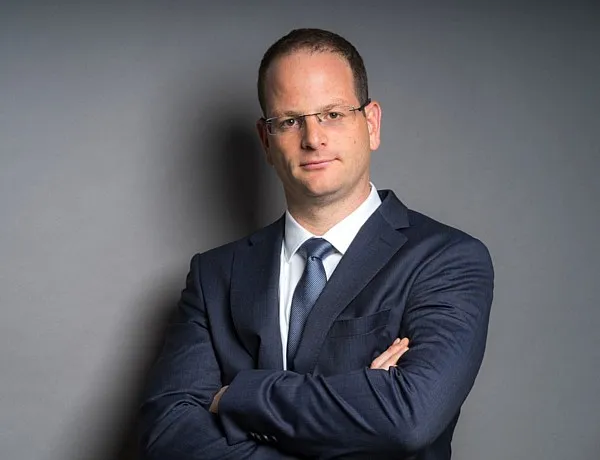budget
Hungary threatens EU budget block unless frozen funds are released

Hungarian government slams EU budget: “This proposal will die quickly”

EU budget or Ukraine’s wallet? Fidesz slams Brussels plan to “send your money to Kyiv”

Fidesz politician calls EU post-2027 budget “pro-Ukrainian” – UPDATED🔄

EU budget shake-up: Brussels eyes more flexibility, new taxes, and major reforms

BREAKING: Curia annulled Budapest’s 2025 budget! – UPDATED

Hungary’s 2026 ‘anti-war budget’ submitted: Orbán cabinet details key spending plans

Hungary’s budget deficit over 60% in Q1, ministry confirms

Roadmap to a crisis-proof Hungarian economy? – Here are the 6 key steps

Is Budapest’s 2025 budget unlawful?

The latest EU GDP rankings: Hungary ahead of Slovakia and Greece

One of Hungary’s richest businessmen faces justice for budget fraud

Jobless rate in Hungary in one-year high

Official: Budapest Assembly approves 2025 budget
Will Budapest approve a budget for 2025? Assembly divided, accusations of chaos and mismanagement
Orbán cabinet: Budget resources to climb for all important areas in 2025
Hungarian finance minister: Budapest Declaration reaffirms importance of competitiveness
Karácsony: New budget ensures Budapest pays no more than it receives





 ZH
ZH IT
IT DE
DE HR
HR NL
NL FR
FR JA
JA RO
RO RU
RU ES
ES TR
TR
